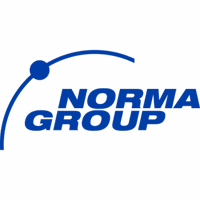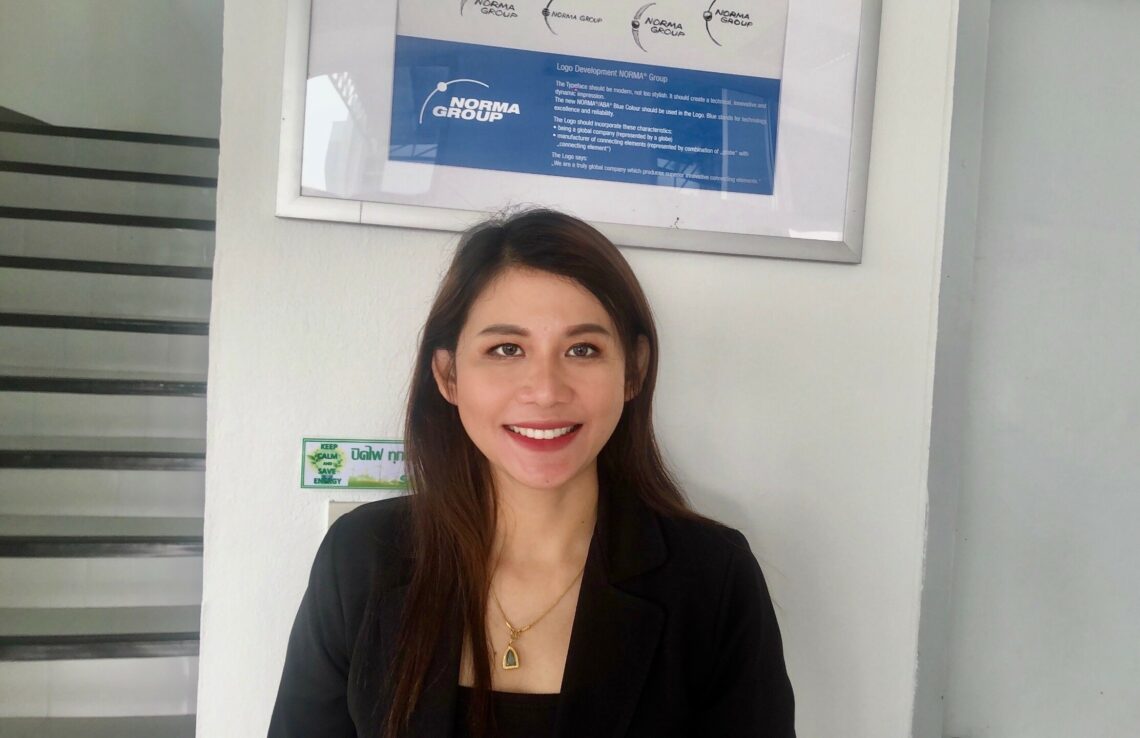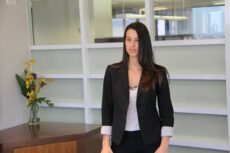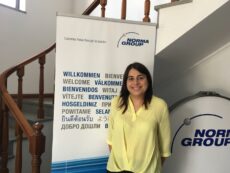This post is also available in: Deutsch
In our Diversity@NORMA series, we highlight the diversity of employees who work at NORMA Group. In 2022, the series focuses on the diverse cultures of NORMA Group employees. Colleagues from different departments and countries talk about their culture, how it influences their approach to work and how intercultural exchange takes place at NORMA Group.
Kannika Joompon is an HR and Admin Manager at the NORMA Group site in Chonburi, Thailand. In this interview, she talks about the distinctive features of Thai culture and the corresponding approaches to work.
Kannika, were you born in Thailand and how long have you been working at NORMA Group?
Yes, I was born in Thailand and have been working at NORMA Group for more than four years.
What is unique about the Thai culture?
Our culture really values helpfulness, friendliness, and empathy. It differs from most cultures in the way we address other people. This is usually not done with “you” or “their”, but by including their status, for example “big brother”. This is then followed by the name. We also call people who are close to us who are not part of our family aunt or uncle to show them respect.
We treat older members of our society in particular with great respect. On Thai New Year, Songkran, for example, a small amount of water is poured over the hands of the elderly to show them respect and offer best wishes for the future. We also celebrate Songkran at the NORMA Group site in Chonburi.
What do you like most about Thai culture?
I would have to say the empathy and the willingness to compromise. We rarely get angry and are quick to forgive people. We often use the word ไม่ต้องกังวล, which roughly translated means “don’t worry about it”. This is a good reflection of our culture; we don’t get stressed out and are forgiving.
An attitude like that probably helps in your work life, too?
It certainly does. Thai people are usually very understanding. That helps when problems arise in everyday working life, for example. We are there for each other and support each other.
What other influence does Thai culture have on the way you and your colleagues work?
We also spend a lot of time together after work. We do sports together, for example, spend the weekends at colleagues’ homes or take care of the children. That allows us to get to know each other better. We are more than just colleagues, we are friends. In Thailand, people tend to be quite close. This means that you know a lot about each other’s interests and even know the members of colleague’s families. That, in turn, helps in everyday work because you understand the people around you better and can respond to them individually.
Would you say that there is an intercultural exchange at NORMA Group?
Yes, intercultural exchanges take place all the time at NORMA Group. And that’s important, because different cultures have different ways of working, and you can always learn from them.
How do the cultures and the corresponding approaches to work differ at NORMA Group?
Outside of Thailand, the hands-on mentality is stronger and the approaches to work are more structured and organized: There is a specific plan and deadlines that are met. We can learn from that.
I think Thai people are sometimes afraid to share their feelings honestly because they don’t want to hurt other people. That’s why they will often hold back on their own opinions. This is actually unfortunate because we have good ideas that we should contribute.
What is the most positive experience you have had at NORMA Group in terms of intercultural cooperation?
I participated in some APAC HR meetings in Singapore and Malaysia and had the opportunity to meet quite a few colleagues. We were able to share and learn about our respective cultures and ways of working. It was a fantastic experience that will be with me for a long time to come.




